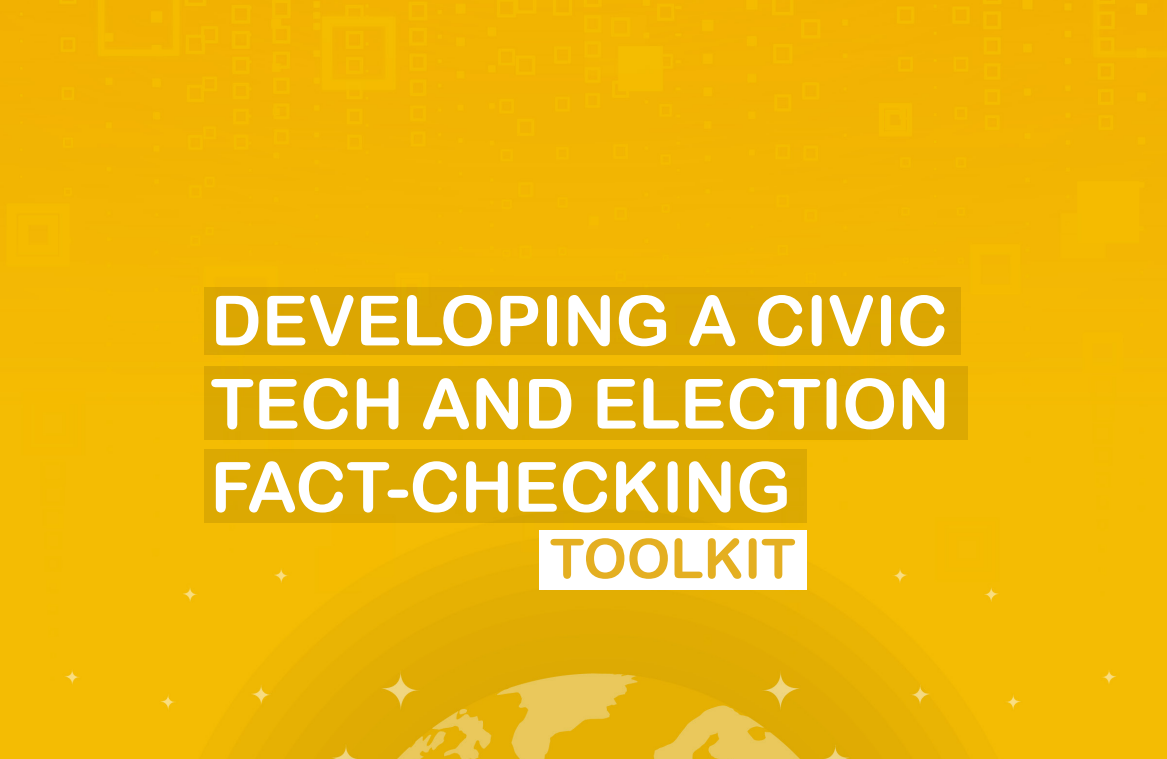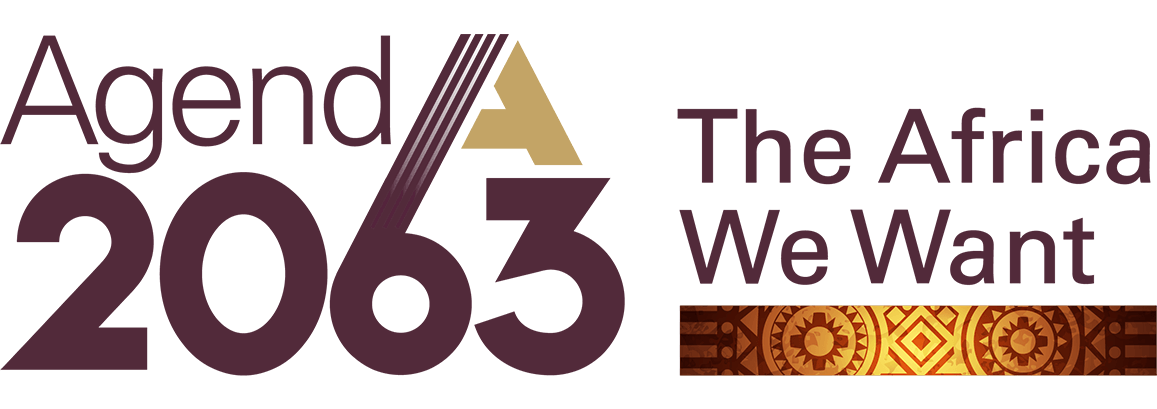DEVELOPING A CIVIC TECH AND ELECTION FACT-CHECKING
2025-07-24 07:10:00 | Press_release

ABOUT THIS TOOLKIT This Civic Tech and Election Fact-Checking Toolkit has been developed by two African Union Media Fellowship (AUMF) 2.0 fellows, Jibi Moses and Maurice Thantan. Jibi is a fact-checker from South Sudan, and Thantan is a digital journalist and web professional from Benin. This duo’s toolkit focuses on leveraging civic technology to combat election misinformation. As a part of the production process for this toolkit, over 100 journalists and content creators across Africa received online and in-person training. This resource is designed mainly for journalists and content creators as a tool to help them verify information and report accurate news before, during, and after elections.
A QUICK GUIDE Information Disorder: A Growing Challenge Information disorder is a broad term encompassing various forms of misinformation and disinformation that can spread rapidly in the digital age. It can lead to significant societal problems, including polarisation, distrust of institutions, and even violence. Key Types of Information Disorder: Misinformation: false information that is spread unintentionally. Disinformation: false information that is spread intentionally to deceive or manipulate. Malinformation: information that is based on fact but is used out of context to mislead, harm, or manipulate. The main intent is actually to cause harm. It differs from misinformation and disinformation in that it is not entirely false. Propaganda: information that is systematically spread to promote a particular ideology or agenda. Clickbait: exaggerated or misleading content designed to attract clicks and attention. Deepfakes: highly realistic fabricated media, such as videos or audio recordings, that can be used to spread false information.
Factors Contributing to Information Disorder: Social media: The rapid spread of information on platforms like Facebook, Twitter, and Instagram can amplify misinformation and disinformation. Algorithmic biases: Algorithms used by social media platforms can reinforce existing biases and promote sensational or divisive content. Lack of media literacy: Many people may not have the skills to critically evaluate information and distinguish between fact and fiction. Political polarisation: A polarised political environment can make people more susceptible to believing information that confirms their existing beliefs.
Addressing Information Disorder:
Media literacy education: Promoting media literacy can help people develop the skills to evaluate information critically.
Fact-checking organizations: Supporting fact-checking organizations can help identify and debunk misinformation.
Platform accountability: encouraging social media platforms to take steps to combat misinformation and disinformation.
Government policies: Implementing policies that promote transparency and accountability in information dissemination
Download Material Here: DevelopingaCivicTechandElection_TOOLKIT_FINAL.pdf
Related News
No related news found.

